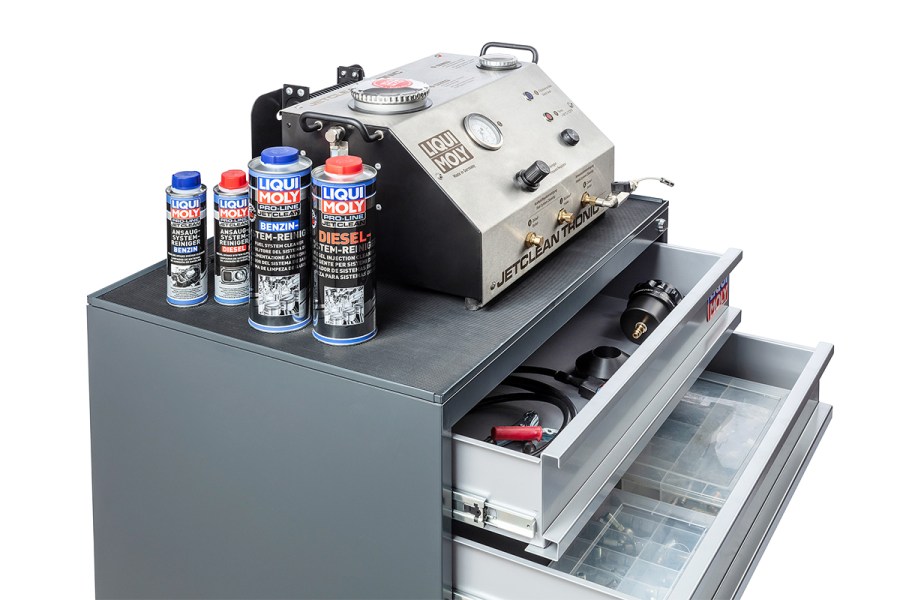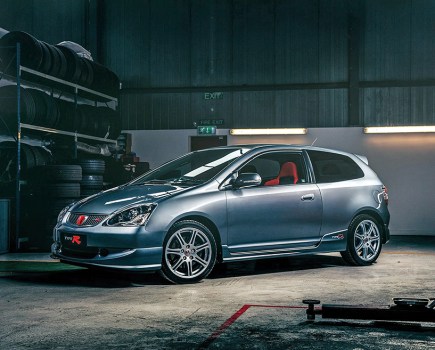We ask the experts at LIQUI MOLY how their products can reduce car exhaust emissions.
If a vehicle’s exhaust emissions are high, most people add an injector cleaner to the tank and hope for the best, so do yours actually work and if so, how?
Yes, we have photographic evidence of a blocked injector before and after treatment using our fuel injection cleaner. When mixed with the fuel in the tank, and the engine is running, the agents of injector cleaner pass through the injector nozzles together with the fuel and remove some of the deposits. In the end the nozzles are cleared of encrusted deposits.
The automotive lab APL tested the injector cleaner: one engine ran with petrol only, the other one with petrol and injection cleaner. After 60 hours the first engine collected 0.3 gram of deposits at each valve. The other engine was still clean with only 0.03 gram of deposits.

Before
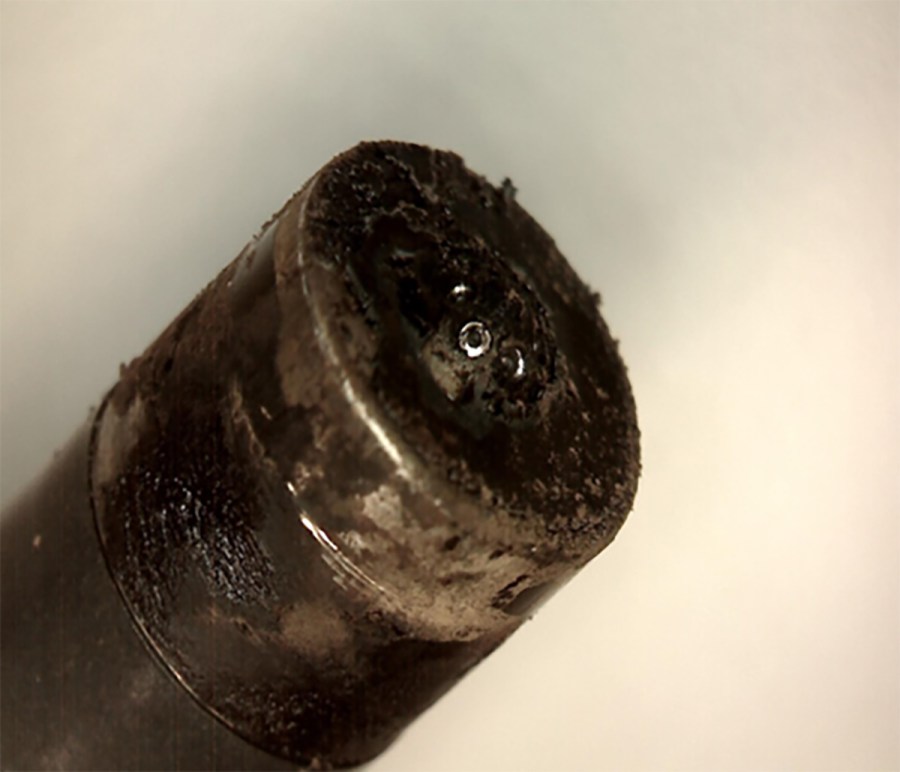
After
Are deposits around an injector’s nozzles so much of a problem?
A nozzle covered with encrusted deposits probably won’t deliver too little fuel into the combustion chamber, but the big problem is the spray pattern – the deposits prevent the fuel from being atomized properly. So, the fuel does not burn as efficiently and cleanly as it should, leading to greater fuel consumption, more car emissions and less power.
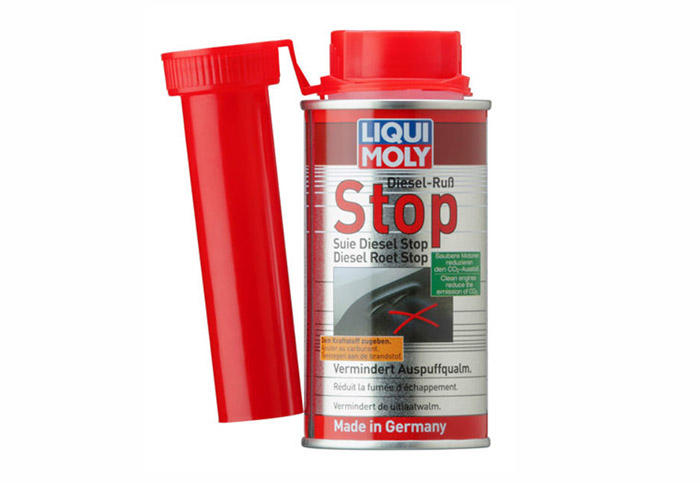
What about a diesel engine that’s too smoky and fails on emissions at the MOT test? Will a fuel cleaner help?
It could, but an equally quick fix is Diesel Smoke Stop, which is added to the diesel fuel. This additive accelerates the combustion of the soot and reduces black plumes. It’s compatible with all conventional diesel and biodiesel fuels, and engines with turbochargers, but not for engines with a diesel particulate filter (DPF). 150ml is sufficient for 50 litres of diesel fuel (a ratio of 1:333). Pour the contents of the can directly into the tank before filling up with fuel.
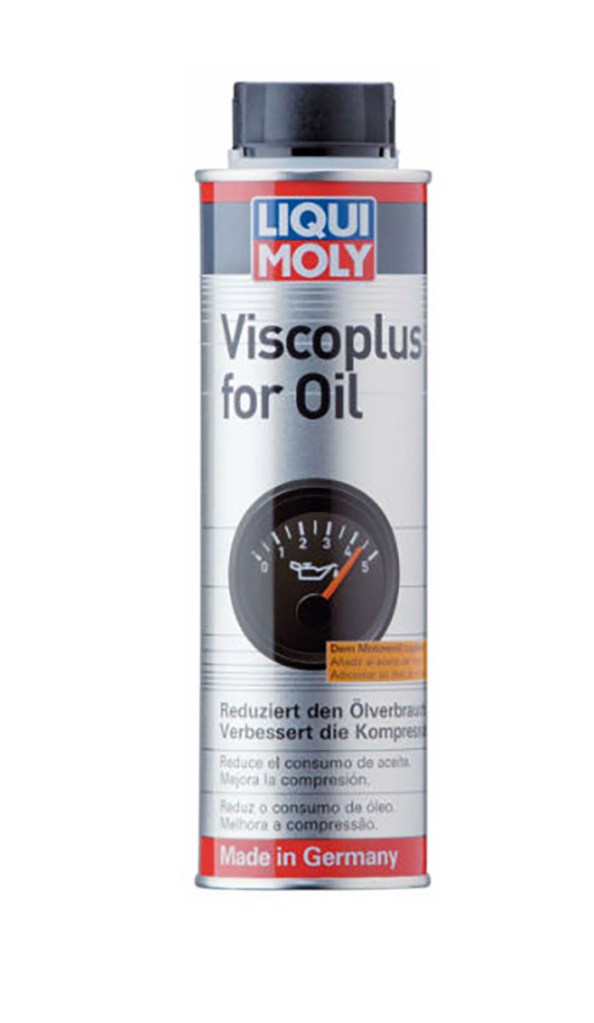
What if an engine is burning oil because its piston rings are seized or worn? No fuel cleaner or other additive is going to fix that and reduce the emissions, is it?
Viscoplus for Oil can help here. Worn piston rings allow more oil to pass between the piston rings and the cylinder. Fuel dilution and water condensation in the oil make the oil thinner, allowing even more oil to get into the combustion chamber and be burned. Viscoplus for Oil stops or reduces this because it stabilizes the loss of viscosity of the oil and improves the seal between the piston and cylinder.
Does that mean an engine that’s burning oil because it’s passing by the piston rings can be fixed and doesn’t need a rebuild?
No, but the problem of oil consumption may be caused by oil dilution, so Viscoplus for Oil can help the adverse effects of oil becoming thinner and thinner. Dirty and/or seized piston rings are another reason, so an additive like Engine Flush Plus will help to clean them and avoid the need for a stripdown of the engine. Remember that additives are useful chemical tools, but like all tools they cannot magically fix broken parts.
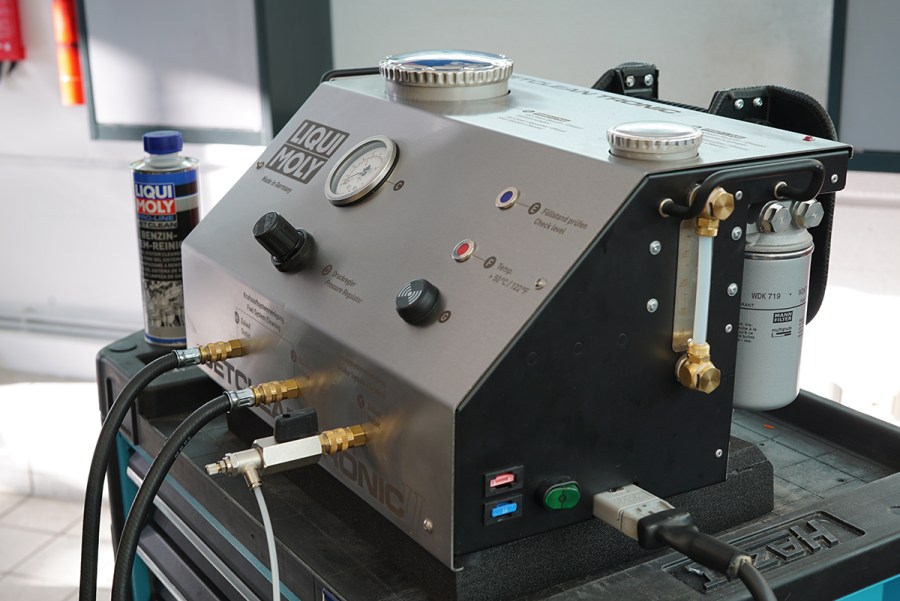
What is your JetClean Tronic II used for?
It’s a piece of equipment (device) used on petrol and diesel engines to remove carbon deposits inside the fuel and air intake areas.
How does JetClean Tronic II work?
JetClean Tronic II is powered by the vehicle’s 12-volt battery and connected to the fuel system by several available connectors. Additionally, we connect the device to the air intake to reduce deposits and their build up in the manifold, and also here different adapters are available. Using LIQUI MOLY’s Pro-Line JetClean injection cleaner and Pro-Line JetClean intake system cleaner, the engine is run and these products are fed into it.
Sounds expensive. Surely adding injector cleaner to the fuel tank is just as effective?
No, the JetClean Tronic II is the most effective way to clean injectors as the detergents are fed directly to the engine and are not diluted by gasoline.
Is JetClean Tronic II only suitable for direct injection engines?
No, also manifold injected engines and their components can be cleaned.
I don’t want to buy a JetClean Tronic II, so are there any garages that use it?
JetClean Tronic II is a LIQUI MOLY service that more and more workshops are using. The best way to find a service near you is to go directly to the LIQUI MOLY website.
For more advice on car emissions and maintenance, be sure to check out our essential car maintenance checklist.


